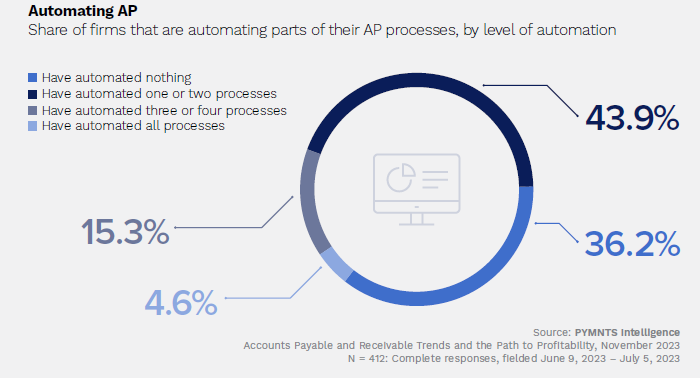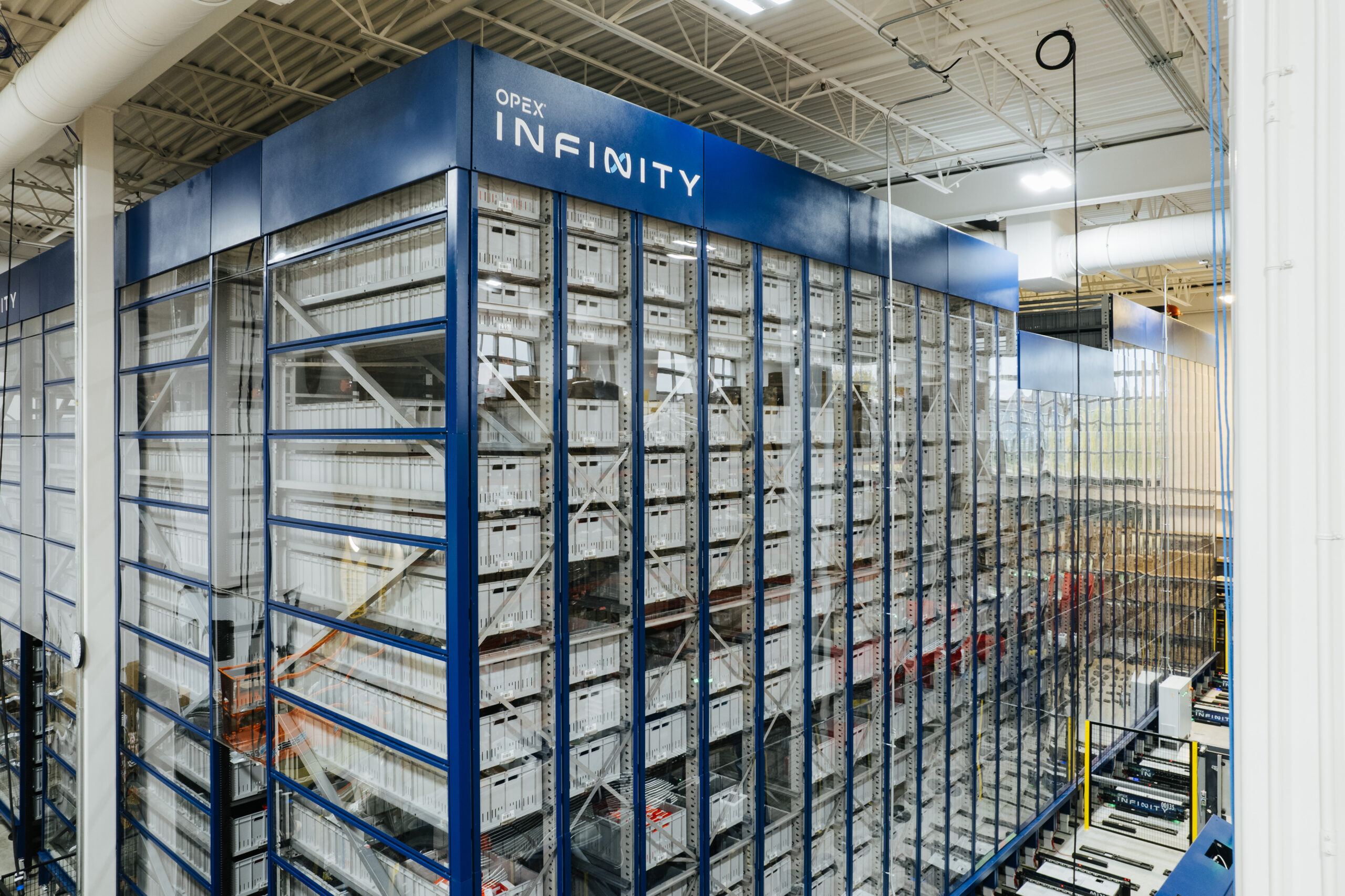From the Olympic Games to the automation shop floor, longtime manufacturing executive Dave DeGraaf’s new role at JR Automation builds on decades of leadership and innovation.
The Holland-based subsidiary of Tokyo-based software giant Hitachi Ltd. this summer tapped DeGraaf as its new CEO following the retirement of former CEO Craig Ulrich.
Building on a career in manufacturing, mobility and energy storage, DeGraaf came to JR Automation after serving as CEO of Holland-based Volta Power Systems.
DeGraaf also had a career with the U.S. Air Force that spanned several years and has held leadership positions at Johnson Controls in Holland and abroad, France-based Faurecia’s North America operations, and Grand Rapids-based Gill Industries.
Keep up with all things West Michigan business. Sign up for our free newsletters today.
DeGraaf recently spoke with Crain’s Grand Rapids Business about his personal and professional experiences as well as his vision for JR Automation’s future. This interview has been condensed and edited for clarity.
Where did your career journey start?
After graduating high school, I went to the United States Air Force Academy, and that’s where I had my education and earned my bachelor’s degree. I thought I was going to be a career officer in the United States Air Force. Serving my country was something that I was instilled with growing up as a young man in a patriotic family. My dad was in the Army and my older brother went to the Air Force Academy as well. But then my career path was a little bit different.
What happened from there?
When I went to the Air Force Academy, I fell into a sport my sophomore year called team handball, which is like water polo on land. By the time I graduated from the Air Force Academy, I was asked to join the U.S. national team. I had orders to go to Minot, N.D., so I spent my first year as a second lieutenant in Minot. But while that happened, the handball team moved from Colorado Springs to Atlanta to get ready for the 1996 Summer Olympic Games.
Unfortunately — probably more fortunately — my unit in North Dakota shut down. I was able to get a new job and worked an assignment down towards Atlanta to be close to the team. Long story short, the Air Force provided me the opportunity to train and compete globally with the U.S. national team. I competed all over the world in the Goodwill Games, the Pan Am Games and the 1996 Olympics.
What an incredible opportunity. How did you end up back in West Michigan?
When I was in Atlanta, I met my wife. We’ve been married almost 25 years now. She originated from West Michigan, and while I grew up in Spring Arbor, my parents originated from West Michigan. So you had two West Michigan people who met down in Atlanta, and our families had a lot of the same friends and connections. We ended up getting married and separating from the Air Force to come back home to West Michigan. That’s where I started my manufacturing career as a program manager at Johnson Controls.
During your tenure at Johnson Controls, you spent some time in Europe running an account there and then transitioning to the power solutions side of the business. How was it living and working in another country?
I was in Europe from 2008 to 2012. When I went over to the power solution side of the business, I did an extension in Germany and then moved to Hanover, Germany, and ran our advanced energy side. Once you leave the comfort of your homeland and go to a different country and have to live and interact with it, it’s much different. That brought a whole new level of experience and I would say intimacy with German culture. For expanding myself personally and professionally, it was immensely beneficial.
You most recently served as CEO of Volta Power Systems, which was connected to your time at Johnson Controls, right?
Volta Power Systems reached out to me, and the concept of Volta started in my division at Johnson Controls in the lithium-ion space. There’s a gentleman who worked for me that had an idea to take lithium ion battery packs and bring it to RV, marine and industrial applications. This startup is in Holland, and I worked there for about two and a half years and had a lot of great progress there.
Now that you’re at JR Automation, what’s your vision for the company’s future?
The big thing is continuing to develop and evolve the vision that Hitachi has for JR. We’re continuing to grow and serve more customers. We’re into data collection more and more right now, but we collect a lot more than what gets analyzed and compared. That’s where artificial intelligence starts to come into play — to look for trends, analysis, predictive maintenance. The teams at JR are immensely talented, and they come up with some really creative solutions to problems. There’s a very exciting future for JR.
How have you seen the overall demand for automation solutions play out at JR Automation?
Automation is always a fascinating subject. As the workforce is projected to decline, more companies are going to have to go to automation. At any one time with our 23 sites globally, we’ve got about 300 to 350 projects that are active. Once a project ships out and goes to the customer, another one’s hitting the floor. It’s exciting to be on the supply side of automation now versus being on the customer side.
What is life like for you outside of work?
My wife and I have two sons — our oldest is 22 and our youngest is 20. In our free time as a family, we’ve enjoyed water sports and water activities. Boating has always been a part of our life. I like upland hunting in the fall, and we have a place up north and plan to get a couple snowmobiles for the winter. Another thing I’ve gotten into is Lake Michigan fishing with a buddy of mine. I try to keep things fun and active.
More from Crain’s Grand Rapids Business:
Caledonia health care products maker acquires N.Y. firm
Gentex announces second expansion to Grand Rapids with downtown tech hub
Tribally owned Waséyabek acquires Grand Rapids environmental firm










